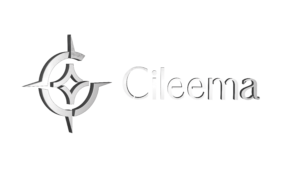Biography
Ahmed Rachedi, born in 1938 in Tébessa, Algeria, is an Algerian filmmaker, screenwriter, producer, and ministerial advisor. His cinematic journey began during the War of Independence, where he joined the FLN’s first cinematographic unit alongside René Vautier and Mohamed Chanderli. Exiled in Tunis, he worked on reports, editing, and short films, later directing several after independence. He contributed to collective films and directed some himself.
In 1962, he co-founded the Algerian Audiovisual Center (CAV) with René Vautier. He gained recognition with L’Aube des damnés (1965) and L’Opium et le Bâton (1971), the latter being an adaptation of Mouloud Mammeri’s novel, which was selected for the Directors’ Fortnight at the Cannes Film Festival. In France, he directed Le Doigt Dans L’Engrenage, a documentary about immigrant workers, based on a script by Rachid Boudjedra.
In 1970, he led the National Office for Cinema and Film Industry (ONCIC) until 1971 and contributed to the production of Costa-Gavras’ film Z, which won the Academy Award for Best Foreign Language Film on behalf of Algeria.
Later, he became an independent producer, directing the political comedy Le Moulin de monsieur Fabre in 1986, starring Jacques Dufilho and Sid Ahmed Agoumi. In 1990, he adapted Amin Maalouf’s novel Leo Africanus for cinema and television. His 1993 television film C’était la guerre, co-directed with Maurice Failevic, won the FIPA d’Or.
Since 2009, he has dedicated himself to historical films, creating several biopics about Algerian nationalist figures during the War of Independence. These include Mostefa Ben Boulaïd (2009), followed by Krim Belkacem and Lotfi in 2015, the latter focusing on Benali Boudghène, also known as Colonel Lotfi.
In 2018, he released Les Sept Remparts de la citadelle, an adaptation of Mohamed Maarfia’s novel.
In 2021, Ahmed Rachedi was appointed as an advisor to the President of Algeria, overseeing culture and audiovisual matters.


